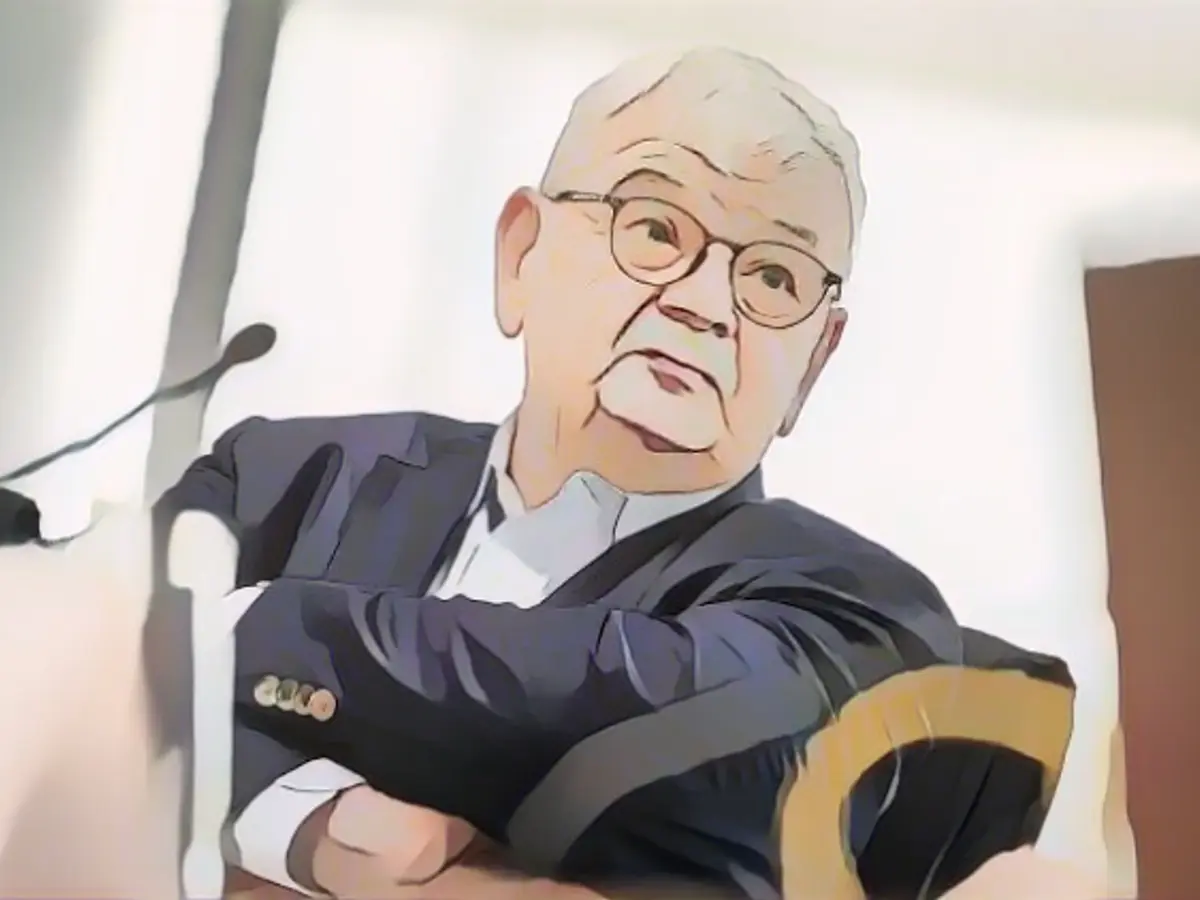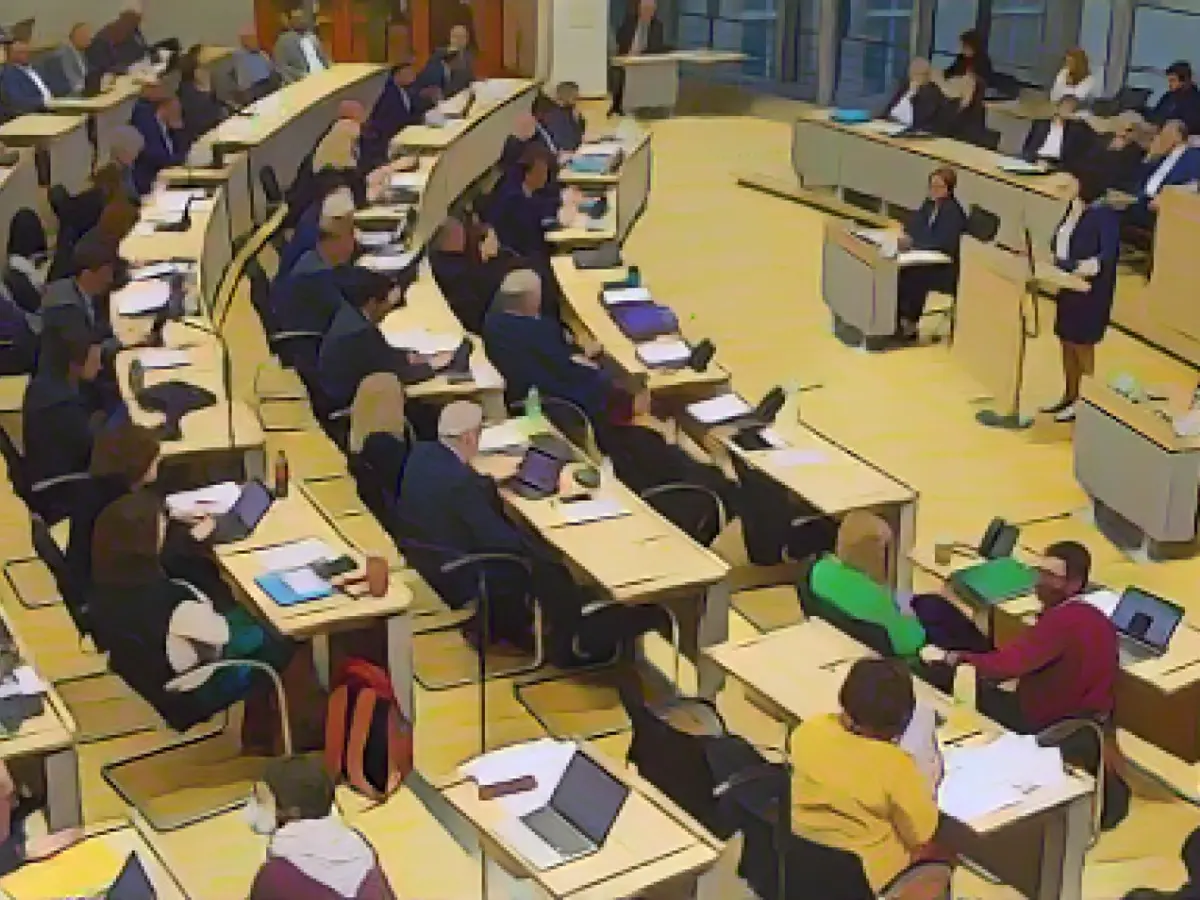Eu Needs Its Own Nuclear Deterrent, Says Fischer
Joschka Fischer, the former German Foreign Minister, has voiced his support for European nations arming themselves with nuclear weapons. In an interview with "Die Zeit," Fischer asserted that "Europe should have a nuclear deterrent," a stance that contradicts his party's long-standing opposition to nuclear armament.
The world is in flux, Fischer noted, as Russia continues to employ nuclear blackmail. According to him, the nuclear arsenals of France and Great Britain are inadequate to respond to this new situation. With Russia's imperial ideology persisting under President Vladimir Putin, Europe must invest in conventional weapons to deter this perceived threat.
However, Fischer acknowledged that Europe cannot achieve this deterrence with stringent fiscal policies like debt brakes and balanced budgets.
America and Europe Unity Concerns
Fischer expressed concerns about the potential re-election of Donald Trump in America, emphasizing the need for European unity. In this scenario, Europe must prepare for various outcomes and regain autonomy in foreign policy decisions.
The Green party, Fischer's former political home, has been deeply opposed to nuclear armament since its inception. Fischer's stance, therefore, has drawn mixed reactions from the party's supporters.
Arguments for and Against Nuclear Armament
Arguments for Nuclear Armament:
- Nuclear deterrence against Russia: Some argue that a European nuclear arsenal would counterbalance Russia's military capabilities and prevent further aggression in Ukraine and other regions.
- Deterrence against the USA: The uncertain reliability of the United States as an ally under certain administrations has prompted some to propose a European nuclear deterrent.
- Enhanced security: A European nuclear arsenal could boost the continent's security by providing a credible deterrent against both Russia and the United States, thereby increasing European autonomy in foreign policy decisions.
Implications:
- Nuclear proliferation: Introducing nuclear weapons in Europe could hasten nuclear proliferation, potentially destabilizing the region and increasing the risk of conflicts and accidents.
- International law and treaties: Implementing a nuclear arsenal would necessitate significant changes to international law and treaties, such as the Treaty on the Non-Proliferation of Nuclear Weapons (NPT).
- Economic and technological challenges: Developing and maintaining a nuclear arsenal is a resource-intensive endeavor, requiring substantial investments in technology, infrastructure, and human resources.
- Public opinion and ethics: In light of the devastating effects of nuclear weapons in Hiroshima and Nagasaki, the ethical implications and potential public opposition to this proposal must be considered.
- Impact on European integration: The proposal could lead to a fragmentation of defense policies and strategies among EU member states, potentially undermining European unity and cohesion.
Future Implications
Fischer's proposal has sparked heated debates within European political circles. While some endorse the idea of a European nuclear arsenal, others argue against it on grounds of ethics, international law, and the impact on European integration and stability.
How European nations will respond to this proposal remains to be seen. As the situation evolves, it is vital that Europe considers the pros and cons carefully, ensuring a balanced and secure future for its citizens.








